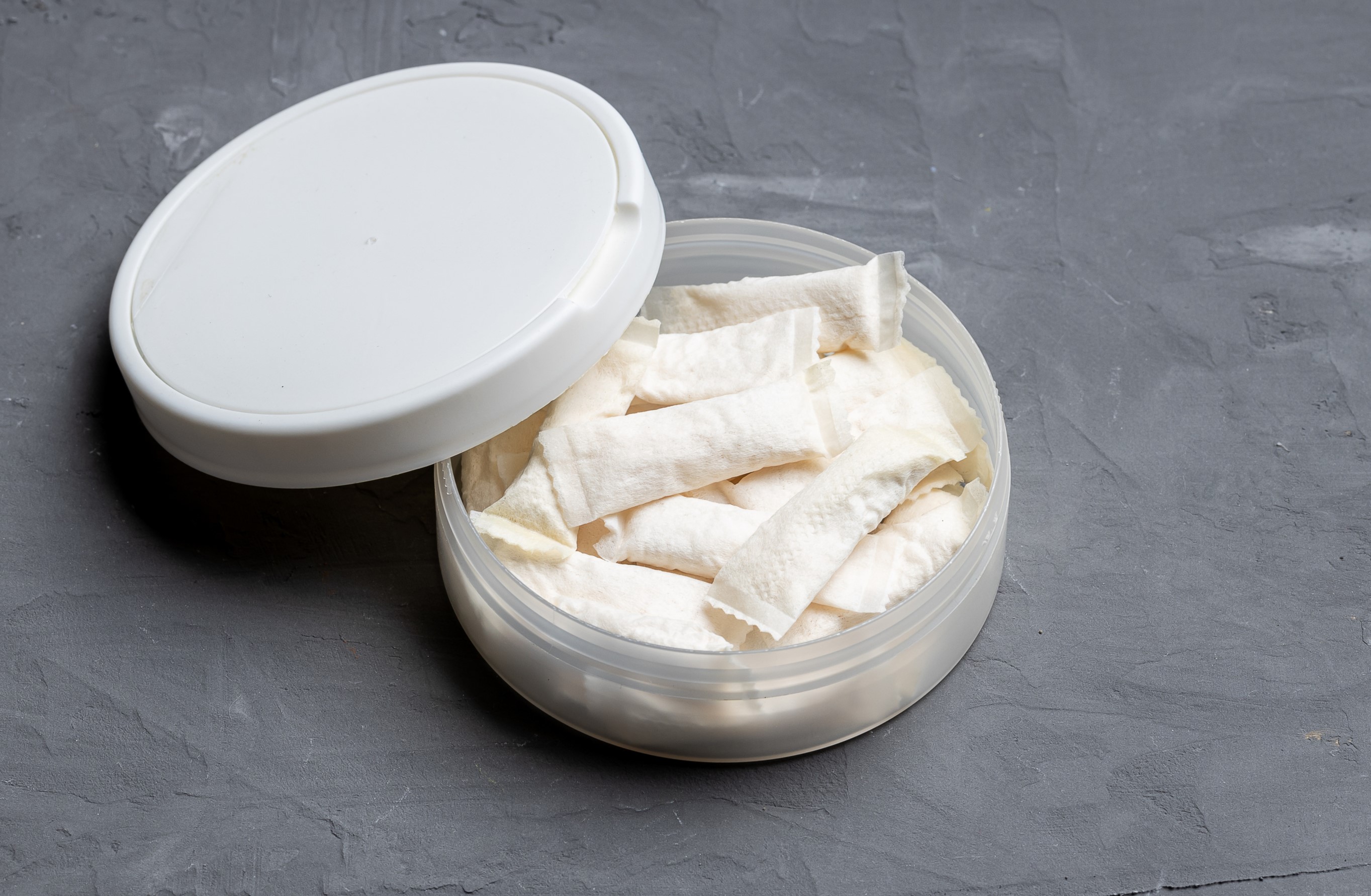This article first appeared in The West Australian. It was co-authored by:
- Dr Hamish Mace - Consultant Anaesthetist, Fiona Stanley Hospital and UWA
- Prof. Fraser Brims - Respiratory Physician, Sir Charles Gairdner Hospital and Curtin Medical School
- Dr Annette McWilliams - Respiratory Physician, Fiona Stanley Hospital and UWA
- Dr Samantha Bowyer - Medical Oncologist, Sir Charles Gairdner Hospital & Linear Clinical Research and UWA
- Dr Ruth Shean – President, Cancer Council WA
- Prof. Kingsley Faulkner - President, Australian Council on Smoking and Health
There has never been a better time to quit smoking.
With the combination of the current COVID-19 pandemic and the influenza season on the horizon, there really has never been a better time to quit smoking.
We know that smoking can put you at greater risk of getting chest infections and influenza, and emerging evidence suggests that smoking can be a significant risk factor for more severe symptoms of COVID-19. Studies have suggested that if you contract COVID-19 and you smoke, you are up to two and half times more likely to be admitted to an intensive care ward or require life support. This is largely because COVID-19 affects our lungs.
If you smoke, blood flow to your lungs and the transfer of oxygen to your blood is compromised. Your lungs may be already damaged, or you may already have reduced lung capacity caused by years, or even decades of smoking. This makes it harder for your lungs to fight COVID-19.
There is also evidence that if you have other health conditions like cardiovascular disease and cancer, you are more likely to experience severe complications of COVID-19, and smoking can increase the risk of many of these conditions.
The hand-to-mouth action of smoking, and even e-cigarette use, means that smoking makes you more vulnerable to COVID-19, as you are touching your face and mouth more often. The risk of spreading COVID-19 can also be increased if you share any type of cigarettes, e-cigarettes, shisha or water-pipes.

Now is the time to give your lungs the best chance of beating viruses like COVID-19. Your body begins to repair itself the moment you quit smoking. Within days of quitting smoking, your lungs begin to heal so they become better at removing mucus from your airways. In weeks your immune system starts to recover, ensuring your body is better positioned to fight off infection. All of which increases your odds of preventing, and recovering from illnesses like COVID-19.
The message to stop smoking is not new, but it's more relevant and important now, than ever.
Right now, there are reasons to stop smoking all around us. Concerns for your health, or for a friend, or a family member's health, are all major motivators to quit.
We are spending more time at home with our loved ones than ever, making quitting and not smoking around them even more important than before. Having access to your immediate family can also provide greater support to quit.
We see first-hand the damage caused by smoking and the devastation brought to family and friends left behind when a loved one dies due to smoking. And, more recently, we have been seeing the devastation from COVID-19.
Stopping smoking at any time represents a huge opportunity for your health and wellbeing, adding up to a decade, or more, to your life. And there are a variety of services and supports available to make quitting easier.
Newly expanded Telehealth services, where you do not need to physically visit a medical practice, provide an opportunity for you to safely discuss quitting options over the phone with your GP. Your pharmacist can also provide advice on which stop smoking medications to use, or you can speak to an Aboriginal Health Worker for quit support.
The Quitline (13 7848) is open and ready to support you to quit, providing personalised, non-judgmental and empathetic support as well as information on the types of stop smoking medications available. You can talk to them over the phone or online. An Aboriginal counsellor is available to speak to you upon request.
Make sure you tell your family and friends about the decision you’ve made so they can help.
Quitting smoking has the potential to be life-changing, now more than ever. If you smoke, we urge you to use this time as incentive to stop once and for all.

.webp)



.jpg)
.jpg)






